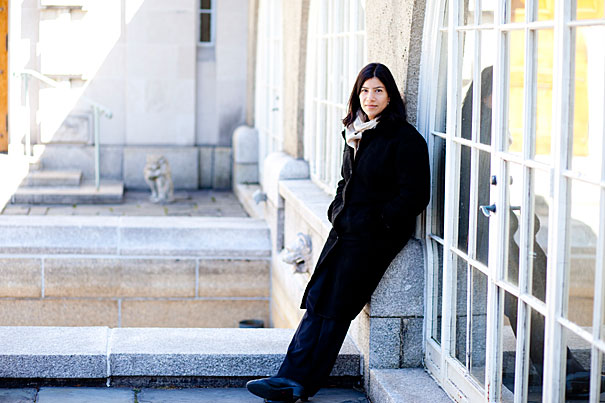Arts & Culture
-

Live fast, die young, inspire Shakespeare
Stephen Greenblatt finds a tragic strain in the life and work of Christopher Marlowe
-

Steve McQueen could lecture you, but he’s got other plans
‘I think the audience needs more, and I feel I need to give more,’ says award-winning filmmaker — presenter of this year’s Norton talks
-

Marking 100 years of Norton Lectures
Panelists reflect on ‘incredible value’ of annual series as ‘megaphone’ for artists and scholars
-
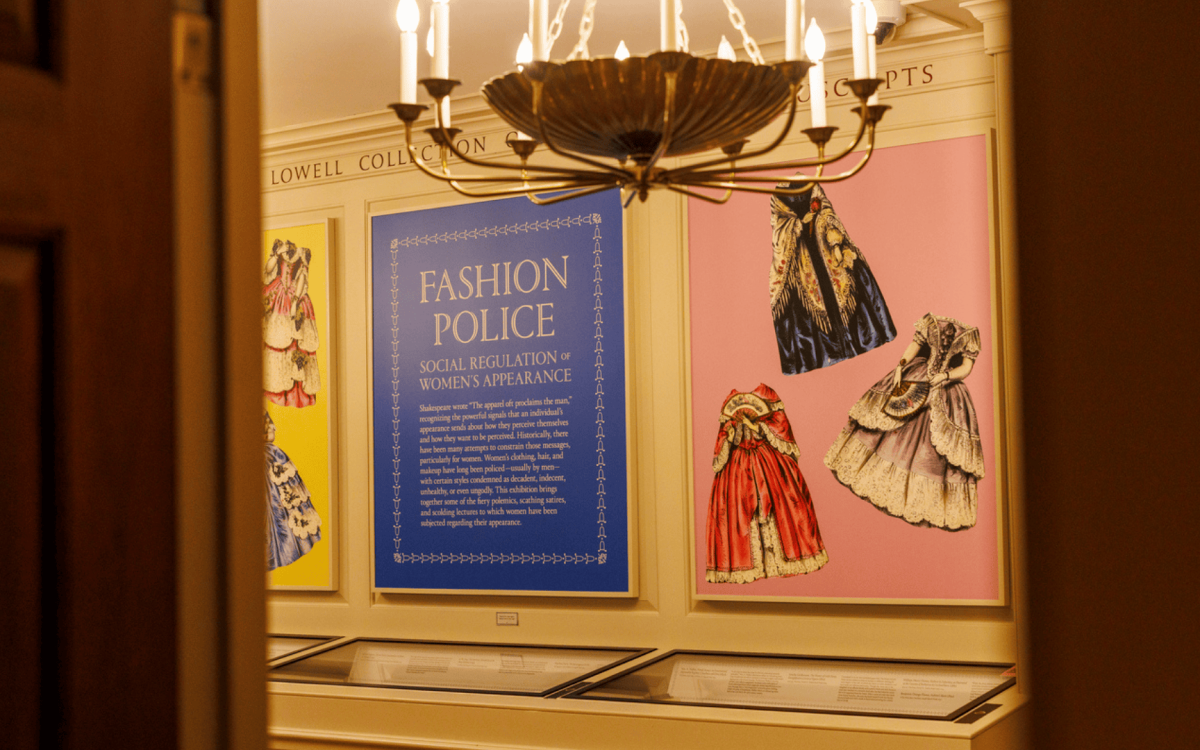
How fashion police have been walking beat for centuries
Houghton Library exhibit highlights the policing of women’s fashion since the 17th century.
-
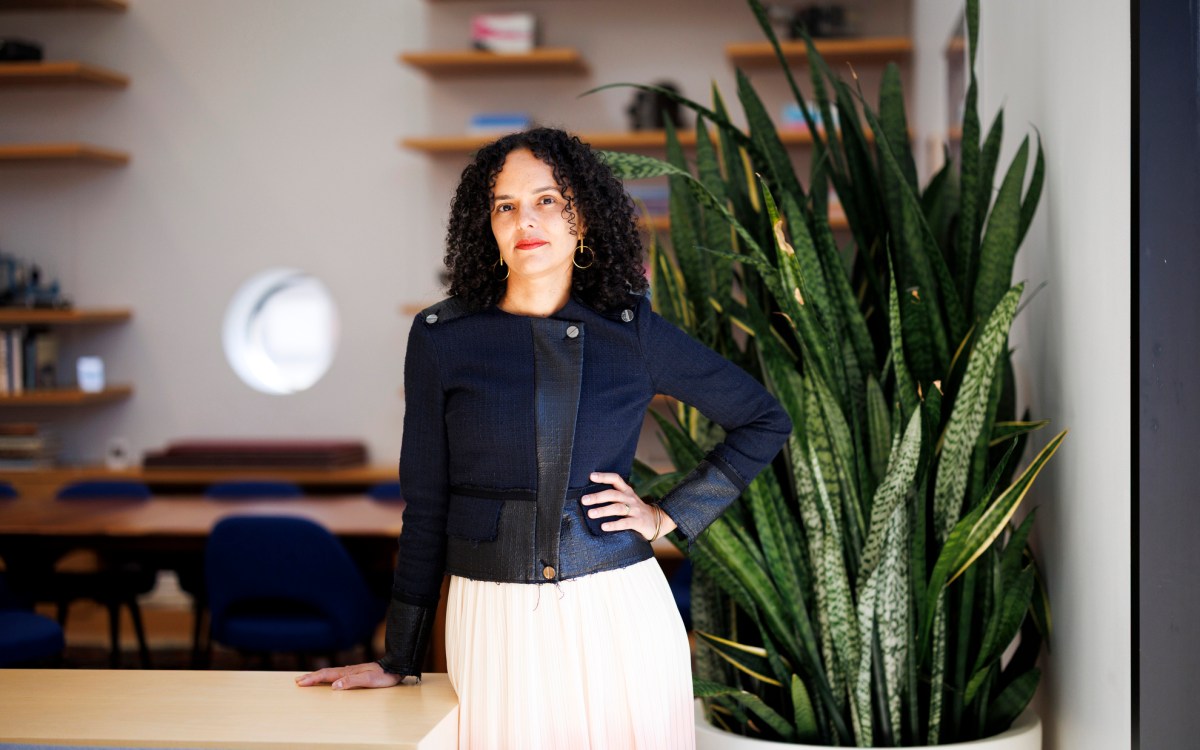
Seeing what you see
New faculty Cécile Fromont is a visual problem solver
-
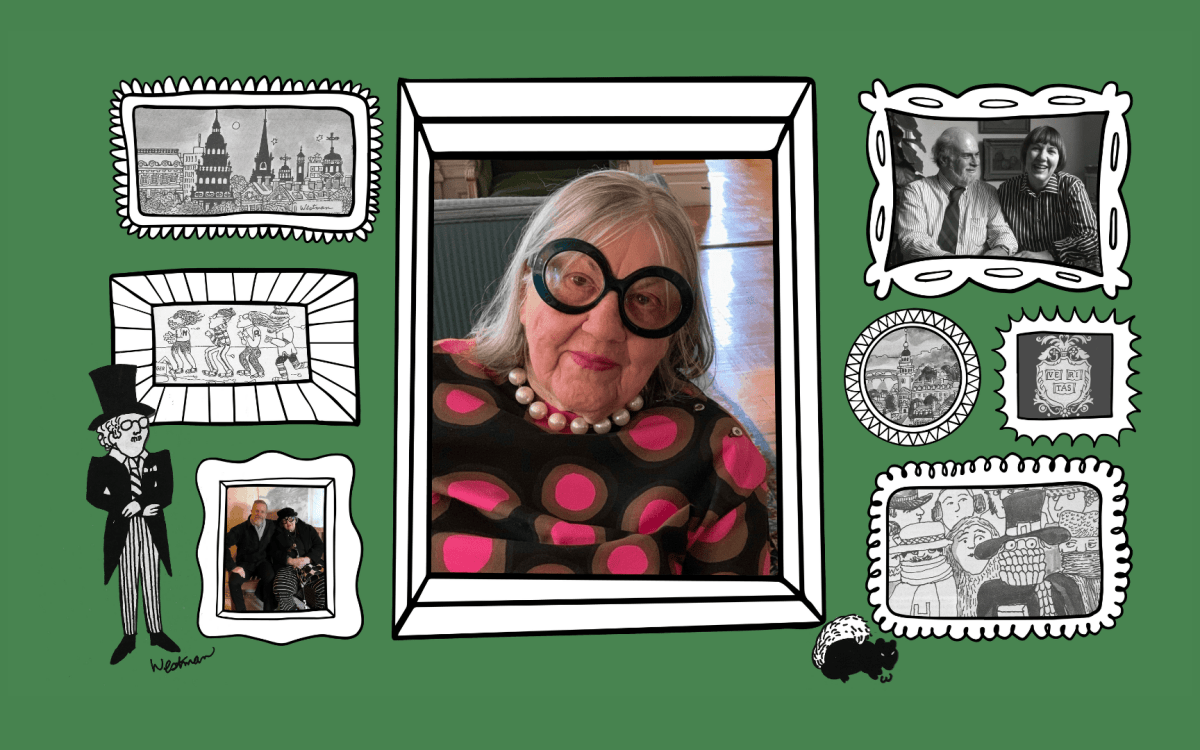
Her Cambridge iconography made her a local icon
Before New Yorker covers, Barbara Westman created colorful visions of campus as Gazette’s first staff artist
-
Tocqueville’s Discovery of America
Ernest Bernbaum Research Professor on Literature Leo Damrosch retraces the nine-month journey through America by historian Alexis de Tocqueville, author of “Democracy in America,” who cannily predicted the growing social unrest toward slavery in America.
-
The Aging Intellect
In this important book, Douglas H. Powell, a clinical instructor in psychology, discusses lifestyle habits and attitudes linked to cognitive aging, and provides evidence-based strategies to minimize mental decline.
-
Andrew Johnson
Professor of Law Annette Gordon-Reed tackles one of the worst presidents in American history, claiming that his own racism was to blame for his shoddy performance during the Reconstruction era.
-
What books mean as objects
Most literature professors focus on the interpretation of texts, but Professor Leah Price wants to explore other uses to which books can be put, in the evolving interplay between reading and handling.
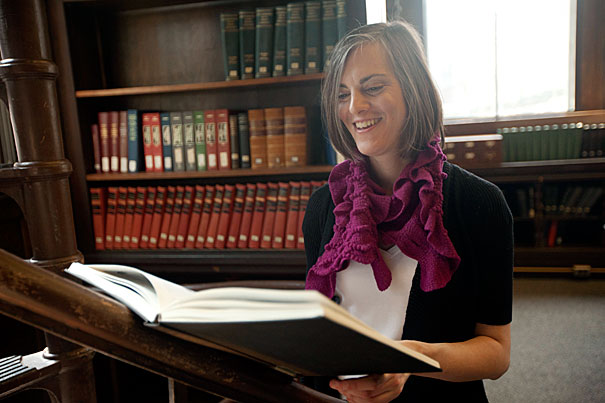
-
Taming nature, then man
Humankind, after millennia of reluctance and ambivalence, surrendered finally to growing fixed crops — a precondition of modern states.
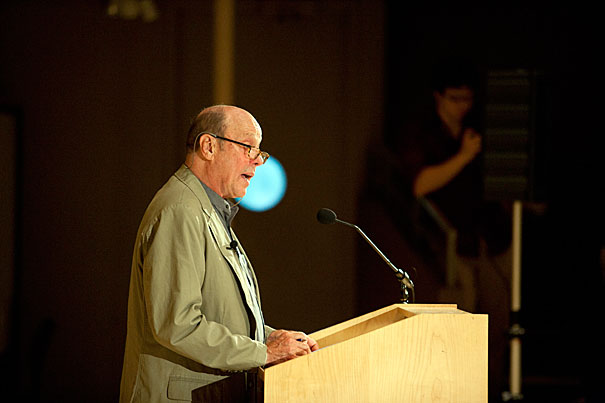
-
The humanities and war
Harvard President Drew Faust delivered the 2011 Jefferson Lecture in the Humanities, citing similarities between the Civil War and current conflicts.

-
Celebrating the humanities
If scholars were celebrities, life might look a little bit like it does on the day of the annual Jefferson Lecture (May 2), with interviews and toasts in anticipation not of a concert or play but a speech on the humanities.
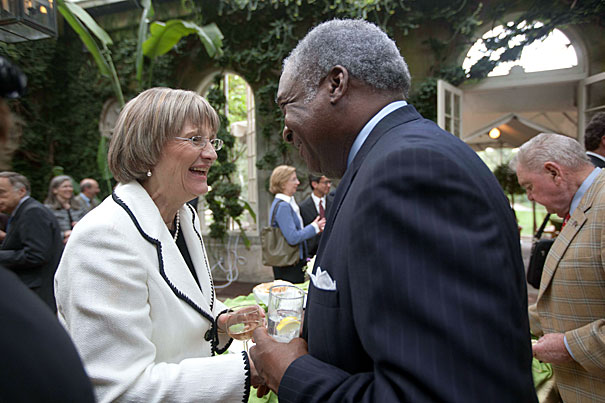
-
Thesis by creation
On view through May 26, “Oh, Pioneers!” offers a moment in the sun to Harvard’s graduating painters, installation artists, and filmmakers.
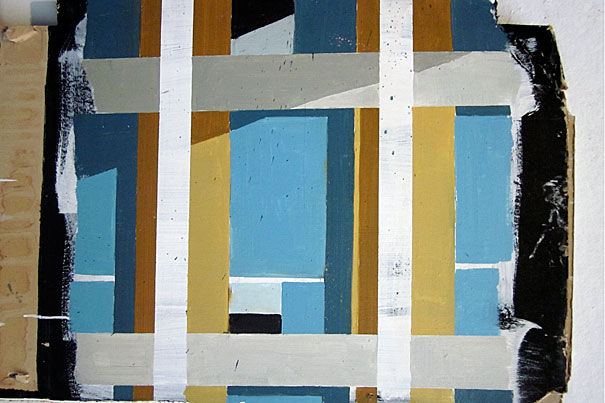
-
Reflecting other worlds
Documentary photographer Susan Meiselas, Ed.M. ’71, receives the 2011 Harvard Arts Medal as part of the annual Arts First Festival.
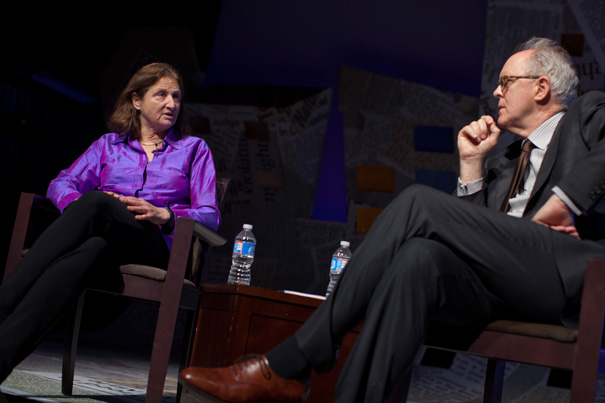
-
Jazz at Harvard
Harvard sophomore Andrew Kennard discusses his love of jazz and his experience mentoring students at the Cambridge Rindge and Latin School, preparing with them for the arrival of Wynton Marsalis at Harvard.
-
In praise of America’s music
As part of a two-year lecture and performance series, jazz great Wynton Marsalis performed with a seven-piece band at Sanders Theatre.
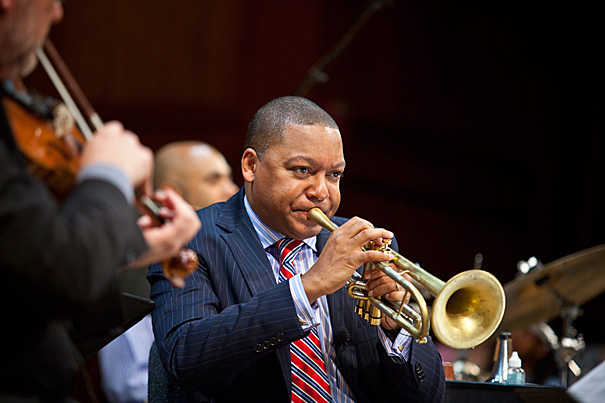
-
Breaking the sonnet barrier
Poet and fellow at the Radcliffe Institute for Advanced Study Anna Maria Hong takes the traditional sonnet form and breaks it wide open in her new volume of poetry.
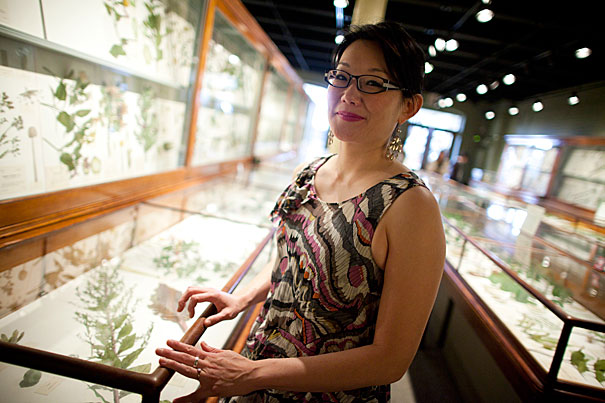
-
Art and catastrophe
At a photo exhibit on Chernobyl, 25 years after the disaster, viewers get glimpses of both hope and horror.

-
Principled expression
A new exhibition of works at the Rudenstine Gallery explores the work of artist Elizabeth Catlett.
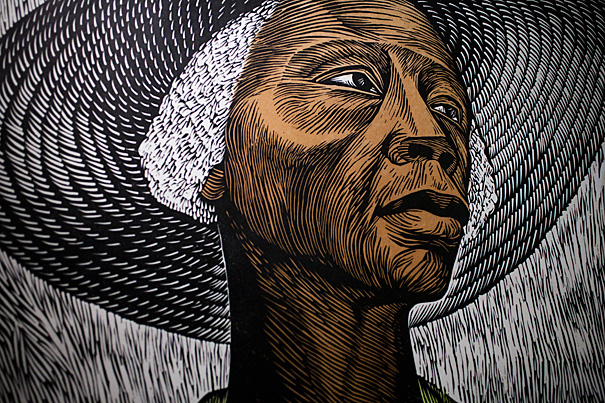
-
Understanding Global Trade
Galen L. Stone Professor of International Trade Elhanan Helpman discusses the revolutions in trade theory, showing how scholars shifted their trade flow analyses from sectoral levels to business-firm levels to clarify the growing roles of multinational corporations, offshoring, and outsourcing in the international division of labor.
-
Why and how
Professor Marjorie Garber’s new book examines “why we read literature, why we study it, and why it doesn’t need to have an application someplace else in order to be definitive in its talking about human life and culture.”
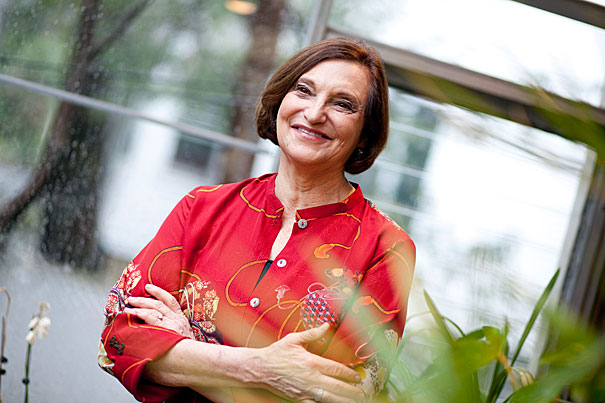
-
Field Notes on Science & Nature
Michael Canfield, a lecturer on organismic and evolutionary biology, visits an eclectic range of scientific disciplines, offering examples that professional naturalists can emulate to fine-tune their own field methods, along with practical advice that amateur naturalists and students can use to document their adventures.
-
A musical education
Harvard students are studying and performing the modern, eclectic works of composer John Adams.
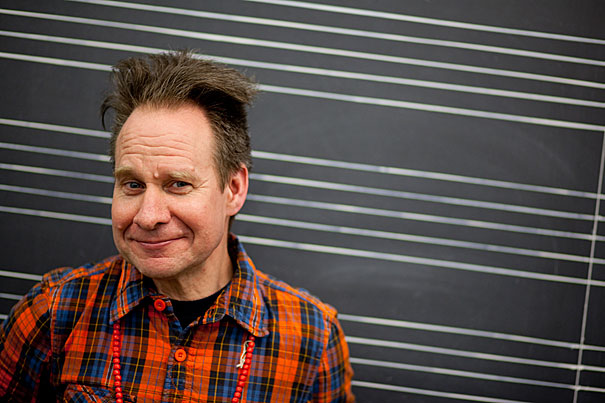
-
Another Freedom: The Alternative History of an Idea
Curt Hugo Reisinger Professor of Slavic Languages and Literatures and Professor of Comparative Literature Svetlana Boym explores the cross-cultural history of the idea of freedom, discusses its limitations, and wonders how it can be newly imagined.
-
‘Lost’ with Carlton Cuse
Harvard graduate and award-winning producer Carlton Cuse ’81 returned to campus to offer students a look behind the scenes at his TV show “Lost” and insight into his creative process.
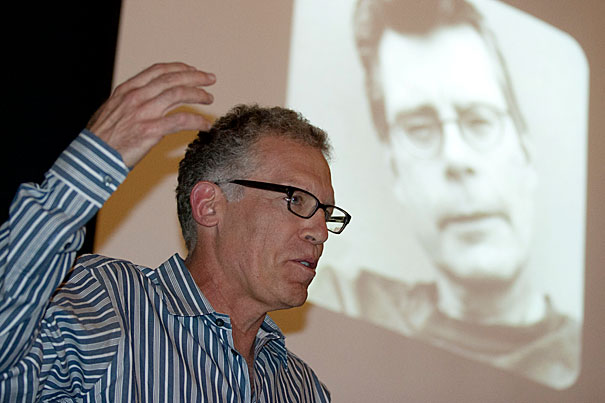
-
Lasting power
Using personal narratives, several Harvard scholars recall experiences with their faiths with the help of objects in the Harvard Art Museums’ collections.
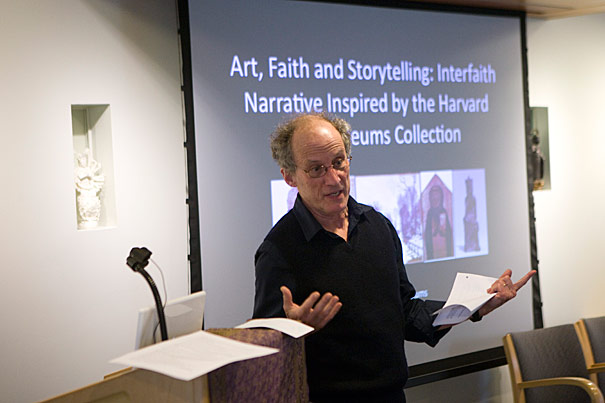
-
Art of the ‘Divine’
“The Divine Comedy,” a daring and grand exhibit in three parts, gives a modern spin to Dante’s three realms of the dead, and shows how art can break disciplinary boundaries.
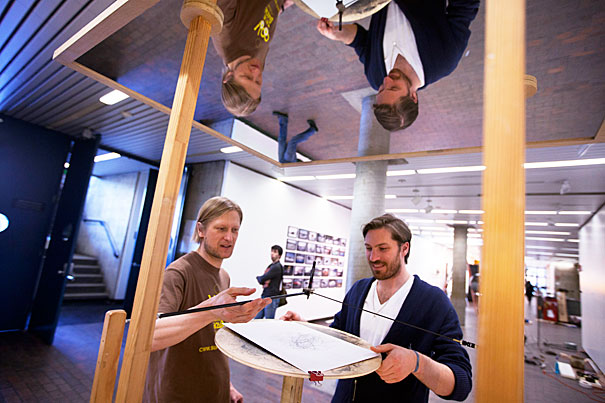
-
A vanishing neighborhood
Two Harvard ethnographers directed the prize-winning “Foreign Parts,” a documentary that captures the sights and sounds of Willets Point, a vibrant, vanishing corner of New York City.
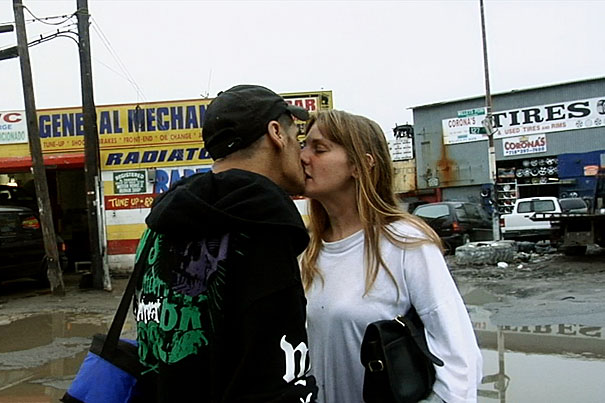
-
Hyperboles: The Rhetoric of Excess in Baroque Literature and Thought
Associate Professor of Comparative Literature Christopher Johnson defends the role of Baroque period hyperbole in Spanish and Mexican lyrics, English drama, and French philosophy.
-
High Financier: The Lives and Time of Siegmund Warburg
This biography by Niall Ferguson, Laurence A. Tisch Professor of History and Professor of Business Administration, chronicles the life of Siegmund Warburg, a financial wiz, prophet of globalization, and strategic businessman.
-
His Majesty’s Opponent: Subhas Chandra and India’s Struggle Against Empire
Gardiner Professor of Oceanic History and Affairs Sugata Bose parses the life of Indian revolutionary Subhas Chandra Bose, who struggled to liberate his people from British rule and led the Indian National Army against Allied Forces during World War II.
-
Photographer to receive Arts Medal
Photographer Susan Meiselas, Ed.M. ’71, will receive the 2011 Harvard Arts Medal, as part of Harvard’s annual Arts First weekend, which runs April 28-May 1.
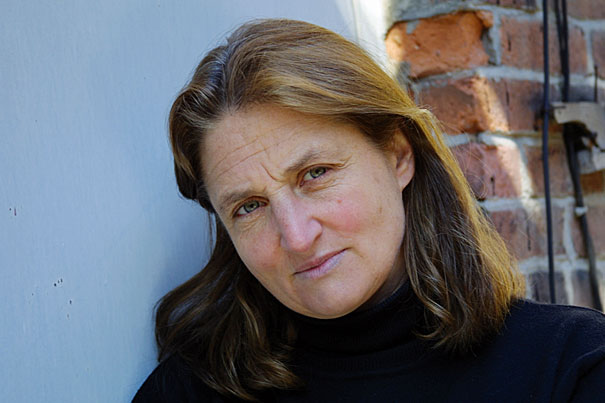
-
Thinking outside the gilded frame
Far from icons of the past, Bettina Burch’s paintings of the HGSE and CGIS community — from janitors to students to deans — gently upend the concept of the “Harvard portrait.”
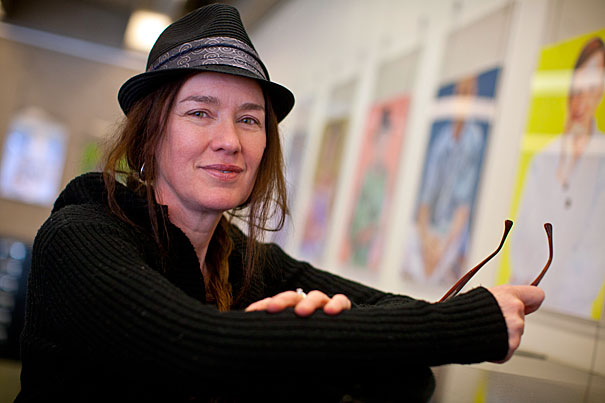
-
A passion for unloving art
Australian native Maria Gough, the Joseph Pulitzer Jr. Professor of Modern Art at Harvard, studies the Russian and Soviet avant-garde periods because they portray “what the function of the artist is in a revolutionary climate.”
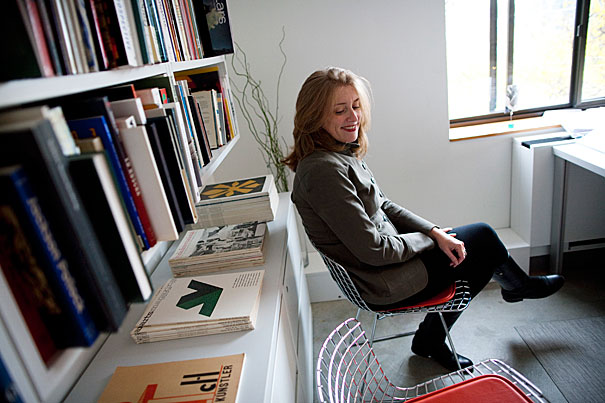
-
Fleeing America
In “Liberty’s Exiles: American Loyalists in the Revolutionary World,” historian Maya Jasanoff reveals the lesser-known history of loyalists after the Revolution.
